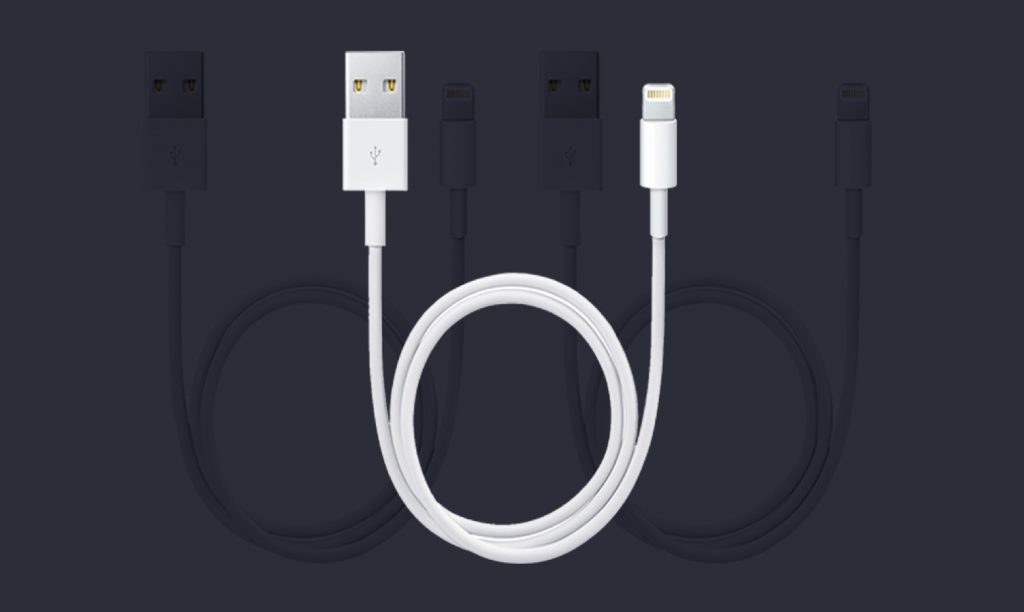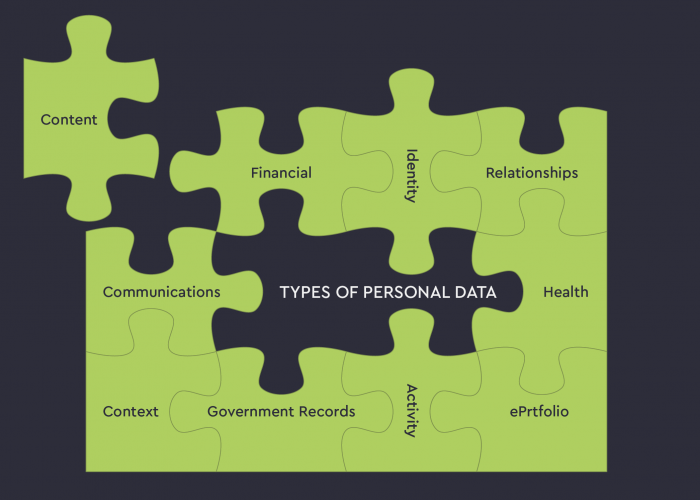Your smartphone is low on power and you’ve left your charging cable at home. What are you going to do? Probably, you will borrow one from a restaurant administrator, your hotel’s front desk clerk, or a passenger at the airport. Cybersecurity experts say that it would be a huge mistake.
Cyber experts believe you should never borrow someone else’s chargers. It’s like borrowing underwear, and you don’t do this. Hackers have learned how to implant malware in charging cables and remotely hijack mobile devices or computers. The technology itself is compact and inexpensive. It can be easily used both for attacks against random people as well as for targeted attacks.
A more serious threat is the USB charging stations for gadgets. They are often located in public places such as shopping malls or airports. There were cases where such USB stations been hacked. Hackers received access to everything that was plugged into stations. One of the important cyber-hygiene rules is to be careful about everything you plug into your gadgets (flash drives, cables, other devices, etc.). That is as important as not opening strange attachments, not clicking on unfamiliar links or passing passwords to third parties. Connecting someone else’s cable to your computer means to give the attacker all the necessary data to access.




